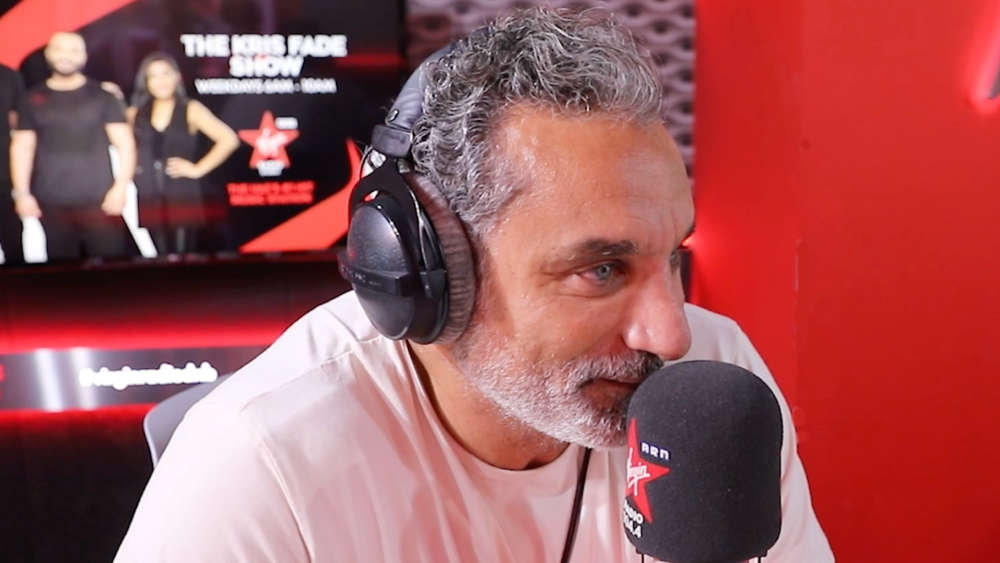
The Middle East and North Africa (MENA) markets witnessed 48 initial public offerings (IPOs) in 2023, with total revenues amounting to $10.7 billion in total.
Five listings, mainly in the energy and logistics sectors, contributed 58 per cent towards the total IPO proceeds raised.
According to the Ernst & Young's EY MENA IPO Eye Q4 2023 Report, 19 IPOs raised $4.9 billion in proceeds during Q4 2023.
ADES Holding Company raised the most funds and contributed 25 per cent of the overall IPO proceeds in the last quarter, followed by Pure Health Holding PJSC with 20 per cent. All Q4 listing activity took place in the GCC region, with Egypt being the only non-GCC country that reported IPOs throughout 2023.
The 2024 pipeline includes 29 companies across various sectors announcing their intention to list, with the Kingdom of Saudi Arabia and the United Arab Emirates leading the way in terms of expected volumes. Outside the GCC, Egypt has four IPOs planned, the report added.
The report stated that Abu Dhabi Securities Exchange (ADX) welcomed three IPOs in Q4 2023, raising a combined total of $1.8 billion. These included Pure Health Holding PJSC, valued at $987 million, Investcorp Capital plc at $451 million and Phoenix Group PLC at $371 million. Pure Health Holding PJSC reported the highest first-day gain of 76 per cent. Additionally, there was one new listing in the transportation sector on the Dubai Financial Market (DFM) – Dubai Taxi Company PJSC, worth $315 million.
Saudi Arabia lead the way in terms of IPO activity in the region with 14 of the 19 listings in Q4 2023. ADES Holding Company marked the highest proceeds at $1.2 billion, followed by SAL Saudi Logistics Services Company at $0.7 billion. Both IPOs were listed on the Tadawul Main Market. The remaining 12 IPOs, raising $140 million in total, took place on the Nomu – Parallel Market, which also witnessed the quarter’s only direct listing in the MENA region – Almujtama Alraida Medical Co.
In Q4 2023, the UAE hosted the 28th United Nations Climate Change Conference (COP28), during which the DFM introduced a pilot platform to trade carbon credits that will allow companies to manage their residual and unavoidable carbon emissions, supporting their pursuit of decarbonisation and net-zero targets. In addition, ADX launched the FTSE Russell ESG Screened Index in time for COP28. The index provides investors with a transparent and tradable environmental, social and corporate governance (ESG) benchmark that ranks companies based on their ESG scores, promoting sustainable business practices among ADX-listed companies.



 Nasdaq set to confirm bear market as Trump tariffs trigger recession fears
Nasdaq set to confirm bear market as Trump tariffs trigger recession fears
 Dana Gas and Crescent Petroleum exceed 500M boe in Khor Mor field
Dana Gas and Crescent Petroleum exceed 500M boe in Khor Mor field
 China to impose tariffs of 34% on all US goods
China to impose tariffs of 34% on all US goods
 Shares bruised, dollar crumbles as Trump tariffs stir recession fears
Shares bruised, dollar crumbles as Trump tariffs stir recession fears




